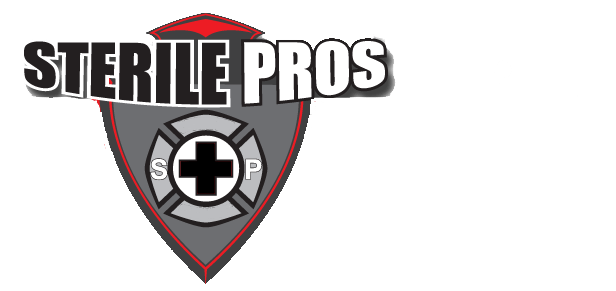Most people who are faced with a significant blood spill do not know how to deal with cleanup properly. They may instinctively reach for a mop bucket or a few rolls of paper towels and the 409 spray bottle. This, however, is the last thing you should do. First of all, tackling a blood spill-anyone’s blood spill-without protective equipment is an incredibly risky thing to do. Second, in addition to not providing adequate disinfection, such action just spreads the contamination further.
Accidents in the workplace that involve blood spills or other biological material create a potential hazard for all who work in the space. The responsibility of cleaning up an accident site falls on the shoulders of employers, and it is not the place to try and cut corners. Though a manager may feel pressured to get the area cleaned up as fast as possible so that work can resume and things can return to “normal,” adequate cleanup has to take place first.
While it is indeed in everyone’s best interest to clean up a blood spill as quickly as possible to avoid exposure and limit possible cross-contamination, the job must be done thoroughly. Moral and legal obligations demand complete sanitization and decontamination in order to protect employees from the risk of disease.
Dedicated to maintaining the welfare of American workers on the job, the Occupational Safety and Health Administration (OSHA) has standards in place for cleaning up bloodborne pathogens in the workplace.
OSHA defines bloodborne pathogens as ”infectious microorganisms in human blood that can cause disease in humans. These pathogens include, but are not limited to: hepatitis B (HBV), hepatitis C (HCV), and human immunodeficiency virus (HIV).”
Placing the responsibility of cleanup firmly on the shoulders of employers, OSHA mandates that any blood spill be treated seriously, “as if known to be infectious for bloodborne pathogens.” In the event of an industrial accident, therefore, strict regulations are in place for handling cleanup properly; the janitorial staff can’t just run over it with a mop until it looks clean and call it a day.
If there is not an onsite person or team trained to handle biohazards in the manner laid out by OSHA, a professional accident cleanup company should be hired.
Sterile Pros can provide industrial accident cleanup 24/7. Our teams comply with all OSHA guidelines and local, state and federal health regulations to remove any trace of blood or biological material. Garbed in personal protective gear and using strong hospital grade, EPA-rated disinfectants,we quickly clean and sanitize the area and properly dispose of any biohazardous waste.
Our team effectively decontaminates all surfaces, including concrete floors, which are highly porous and absorb blood spills. Concrete can harbor dangerous pathogens if not decontaminated. Hosing the concrete off is not an option at all because that will only serve to spread contaminants. Using custom-made pressure washing and vacuum recovery systems, Sterile Pros can quickly clean the area to make sure that floors are completely safe and disinfected.
And to help prevent accidents from happening in the first place, the fully trained experts at Sterile Pros support all lockout-tagout procedures in facilities and manufacturing operations. Lockout-tagout procedures any maintenance or servicing work has been completed. Should your workplace face a significant blood spill or biohazard, call on Sterile Pros. We can help minimize work stoppage time and provide complete biohazard remediation for any industrial accident.
